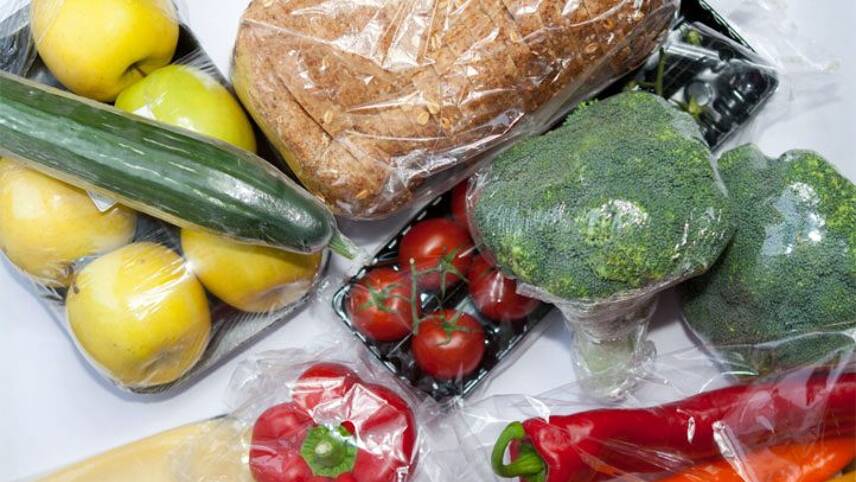Register for free and continue reading
Join our growing army of changemakers and get unlimited access to our premium content

Food waste contaminated with plastic is often burned or sent to landfill
A report published late last week by consultancy Ricardo Energy revealed that there is strong industry and policy support for measures to prevent plastic waste contamination in organic waste streams. The report details the results of a survey of dozens of experts at trade associations across the UK, Germany, France and Spain.
Of the respondents, 72% said that compostable packaging could help increase the amount of food waste captured by reducing contamination. All respondents said that contamination is an issue.
The report is being sent to UK Government Ministers as consultations continue for the Resources and Waste Strategy – the policy package containing the pledge to roll out household food waste collections across the whole of England by 2023, following successful rollouts in London boroughs. The Strategy also includes a commitment to stop landfilling food waste by 2030.
As of 2019, just 14% of the UK’s food waste mountain is recycled every year. While WRAP has recorded an overall reduction in the amount of waste generated and an increase in redistribution, compounded by a reduction in landfilling, in recent years, landfilling and incineration remain common practices.
Beyond simply supporting businesses to switch to compostable packaging, the report states that Government has a role to play in terms of communication and engagement, as well as waste management. On the former, it states that “government official advice on home-composting is minimal and guidance comes predominantly from local councils and waste organisations”, which has led to mixed messages. A unified public communications campaign could assist here. The report also recommends that businesses are required to recycle as much food waste as possible; this would bolster current guidelines based around ‘hygienic disposal’.
“In countries such as Italy, where compostable materials are commonplace, we have already seen an uptick in food waste recycling and a reduction in plastic contamination,” TIPA co-founder and chief executive Daphna Nissenbaum said. “This shows composable materials are a tried-and-tested solution.”
Controversies around compostable materials
There is a word of caution in the report from A Plastic Planet, with co-founder Sian Sutherland stating that “compostables are not the answer to all of our packaging woes”.
One practical challenge with compostable packaging is that, while some can decompose in nature, others need to be subjected to industrial composting conditions before they break down. This fact is not widely known among consumers and, as such, some research has found that many people would willingly litter a ‘compostable’ item, believing it would definitely break down in nature. One 2019 survey found that one-fifth of respondents had littered packaging because it was labelled ‘compostable’.
Another consideration is recyclability; not all compostable materials can be recycled. While many big businesses are now designing compostable packaging to also be recyclable, several local authorities, including those covering Leicestershire and Greater Manchester, continue to ask residents not to put compostable packaging in with their dry mixed recycling, to minimise contamination risks.
The report states that its authors and the survey respondents do not see compostables as a blanket solution. A Plastic Planet’s Sutherland added that there are many applications where compostable packaging makes the most sense, including fruit and vegetable bags, tea bags and single-dose sachets of things like condiments. The Government and local authorities already encourage those who already have household food waste collections to use a compostable caddy liner.
“We urgently need more clarity and direction on the many good uses of compostables that will have a direct impact on reducing microplastics in our soil,” Sutherland summarised.
Join the conversation at edie’s Circular Economy Inspiration Sessions
On Thursday 25 March, as part of its special Circular Economy Week of online content and events, edie is hosting three live, interactive webinar presentations and discussions – all dedicated to accelerating the transition to a zero-waste economy.
Called the Circular Economy Inspiration Sessions, the three events, range from Q&A style debates with circular economy experts, business-led panel discussions and a masterclass. Experts from organisations including the Ellen MacArthur Foundation, Zero Waste Scotland and The Body Shop are taking part.
For full details and to register, click here. Tickets, which give holders access to all three events live and on-demand, cost £49 plus VAT.
Sarah George


Please login or Register to leave a comment.